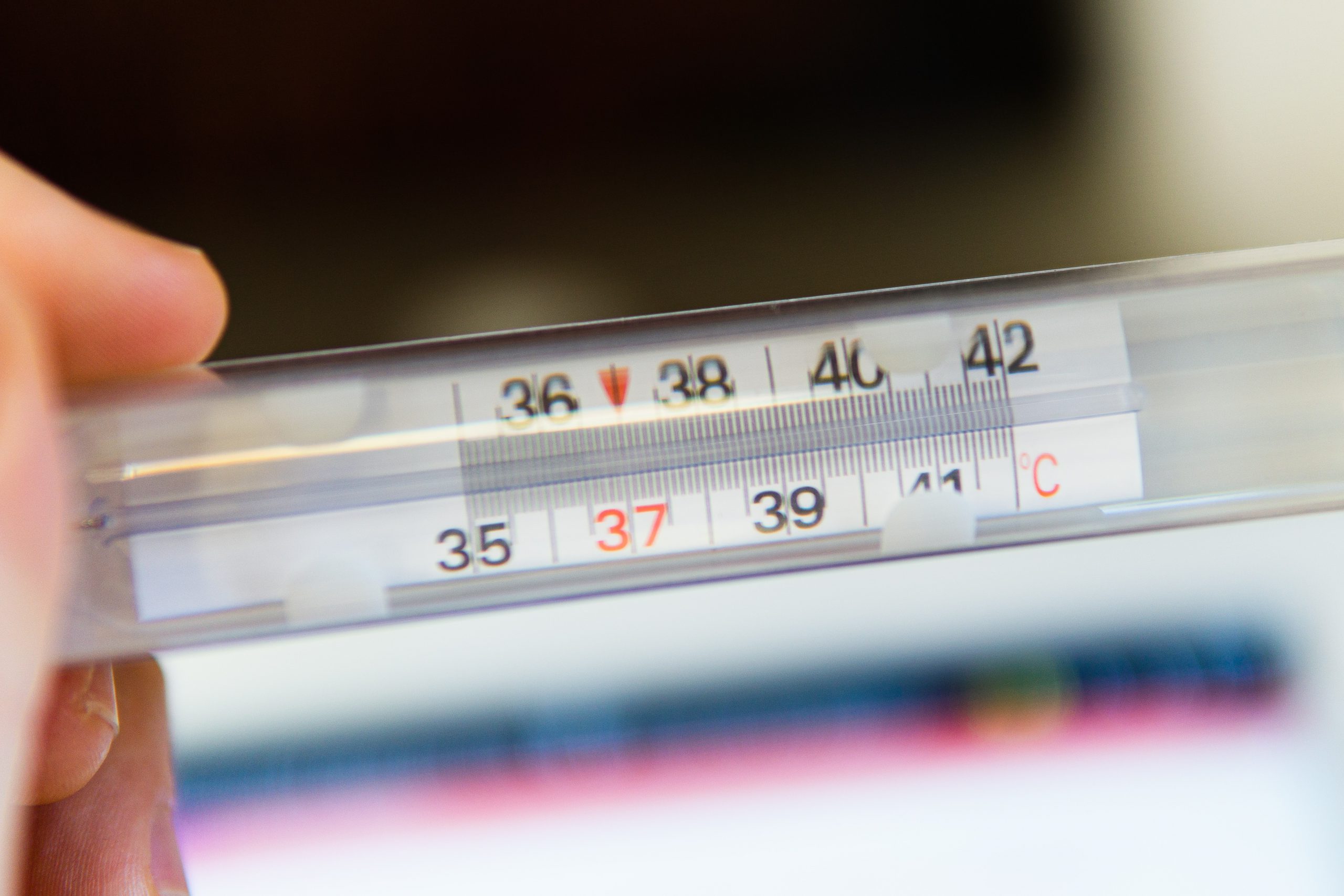Hay fever, also known as allergic rhinitis, is a condition that can very much appear like the common cold. Symptoms can include a runny nose, congestion, itchy eyes, and uncontrollable sneezing. However, hay fever isn’t caused by a virus. Instead, the symptoms are triggered most commonly by outdoor elements such as tree and grass pollen.
If your symptoms are getting worse, it could be a sign that your level of exposure to these elements is greater than before. But why is this the case, especially now that most of us are stuck inside our homes?
The answer, of course, will differ with each person. Let’s take a look at a few possible scenarios that could be making your symptoms worse:
The Most Likely Reasons Your Hay Fever Symptoms are Worsening
- You are coming into closer contact with plant pollen that could be clinging to your clothing or someone else’s. Pollen can stay on clothing for long periods of time, especially if you’re doing less laundry now.
- You are inadvertently letting plant pollen into your home by keeping your windows open for longer periods of time.
- You are getting more exposed to other indoor triggers of hay fever such as house dust mites, pet dander, and mold. These elements are present in many people’s homes.
- There are other elements in your home, such as cigarette smoke, that could be making your symptoms worse.
- You might have another health condition that is further aggravating your symptoms.
Your symptoms might be becoming worse due to any or a combination of the above situations. In any case, it’s important that you manage your condition so that you can continue to stay healthy throughout this period.
To help you do this, we’ve outlined a few suggestions:
How to Manage Your Hay Fever Symptoms
- Stock up on nonsedating antihistamines such as cetirizine, fexofenadine, loratadine, and desloratadine. You may also use nasal corticosteroids such as fluticasone and triamcinolone. If it’s possible for you to do so, purchase these drugs from an online pharmacy so that you can minimize your exposure outdoors.
- Avoid touching your face as doing so could further spread the allergens that are triggering your symptoms. Use a tissue if you have to, and ensure that both your face and hands are clean by practicing good hygiene.
- Minimize the use of potential culprits that could be aggravating your symptoms. These typically include highly scented products such as candles and aerosol sprays.
- Make sure your clothing and beddings are cleaned regularly. Allergens could be on these surfaces and make their way into your eyes, nose, and mouth.
- Keep your windows and doors leading to the outside shut. You may opt to wear a mask if you need to step outside for some fresh air. You may also apply a balm around your nose to help catch allergens and prevent them from entering your nasal passage.
- If you live with pets, ensure that they are bathed and groomed regularly to minimize unwanted exposure.
Conclusion
As we said earlier, it is important for you to stay at your healthiest during this time. You want to avoid having to go to the hospital, as the situation in medical facilities is not ideal at the moment. If you need health advice, try to schedule a telemedical consultation with your doctor if the option is available.
If you’d like more advice on how to stay healthy during this time, visit our website. We provide the latest news and updates in the healthcare industry.


















